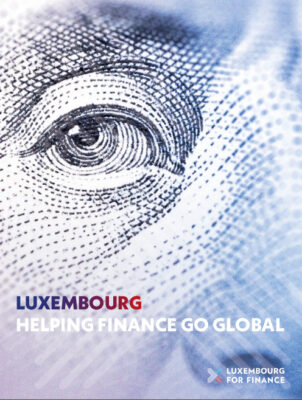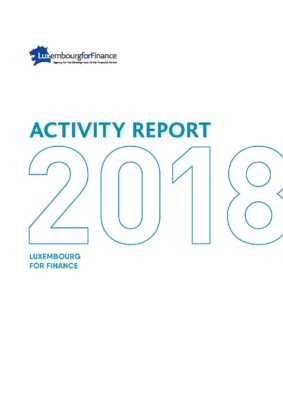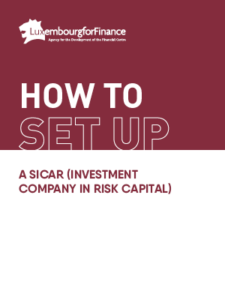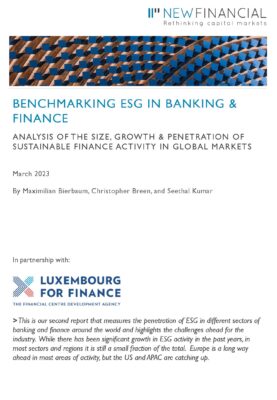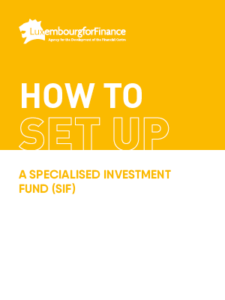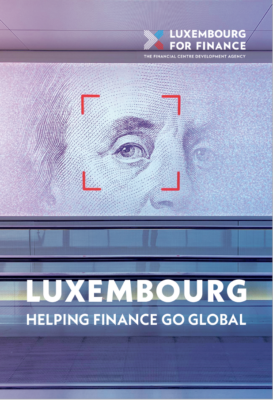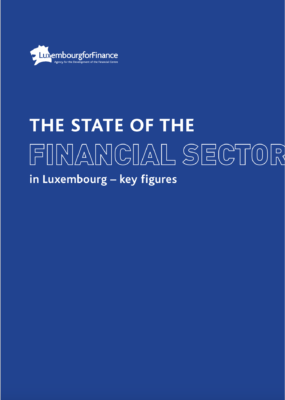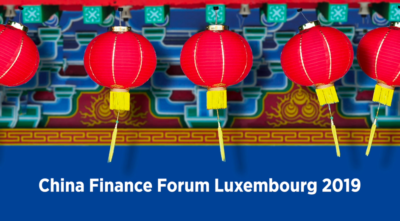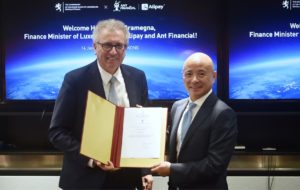Luxembourg is one of the most important hubs for cross-border RMB business in Europe and an important centre for cross-border investment between China and Europe.
EU hub for Chinese banks
In 1979, Bank of China was the first Chinese bank to open an overseas subsidiary after the creation of the People’s Republic of China. It did so in Luxembourg.
Since then, Luxembourg has become a gateway to the European Union for Chinese financial institutions.
Seven Chinese banks have set up their EU hubs in Luxembourg: Bank of China, Industrial and Commercial Bank of China, China Construction Bank, Agricultural Bank of China, China Merchants Bank, Bank of Communications and China Everbright. Two other banks, BIL and Hauck & Aufhäuser, are owned by Chinese shareholders.
From Luxembourg, these Chinese banks serve China-based clients that wish to invest in Europe, as well as European clients that need financing for their activities in China. In addition to corporate banking services, the banks have expanded into capital market activities in Europe alongside asset and wealth management, thereby serving as a bridge connecting Europe and China.

major Chinese banks have chosen Luxembourg as their EU hub
CSSF
of European funds investing in mainland China are Luxembourg funds
PwC & Lipper (May 2024)
RMB investment funds
Today, Luxembourg takes the leading position when it comes to international funds investing in China. Indeed, 37.6% of global investment funds investing in China are Luxembourg domiciled funds, placing Luxembourg before even jurisdictions like Hong Kong or the USA.
Numerous funds have an investment policy that is focused on global emerging markets, the Asian region or, specifically, on China. This is why RMB-denominated assets have accumulated in the portfolios of many Luxembourg-based funds. These international RMB fund promoters include many of the most prestigious names in the industry, such as Aberdeen, BlackRock, Fidelity, First State, HSBC, JP Morgan, Schroders or Deutsche Bank.
Moreover, Chinese asset managers in particular, who opted to launch a range of European investment funds via their Hong Kong subsidiaries, have selected Luxembourg as the domicile for those funds.
of global funds investing in China are Luxembourg domiciled funds
PwC & Lipper (May 2024)
Dim Sum Bonds
Dim Sum Bonds (also called offshore RMB bonds or CHN bonds) are fixed income instruments denominated in offshore RMB that trade and settle outside of Mainland China.
In 2011, the Luxembourg Stock Exchange (LuxSE) listed the first Dim Sum bond issued in Europe. Since then the exchange has experienced rapid growth. Today, when Chinese companies plan to list RMB bonds in continental Europe, the LuxSE is a natural choice.
LuxSE is the global leading Dim Sum bond listing venue (by number of bonds), overtaking Hong Kong, the UK and Ireland with a global market share of 27.4% PwC & Lipper (May 2024).
Partners in green finance

China boasts one of the world’s largest bond markets, valued at USD 15 trillion, with an issuance of green bonds in excess of USD 55 bn (RMB 386 billion).
However, the market may appear off-limits to the international investor community due to the difficulties of accessing the right level of information on the traded bonds.
By displaying information about Chinese domestic green bonds traded either on Chinese exchanges or on the Chinese Interbank Bond Market (CIBM), the Luxembourg Green Exchange is bridging the information gap between Chinese issuers and international investors. Green bonds listed on the Shanghai Stock Exchange can be traded via existing channels. The cooperation with LuxSE focuses on providing exhaustive information in English to offshore investors.




